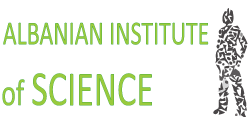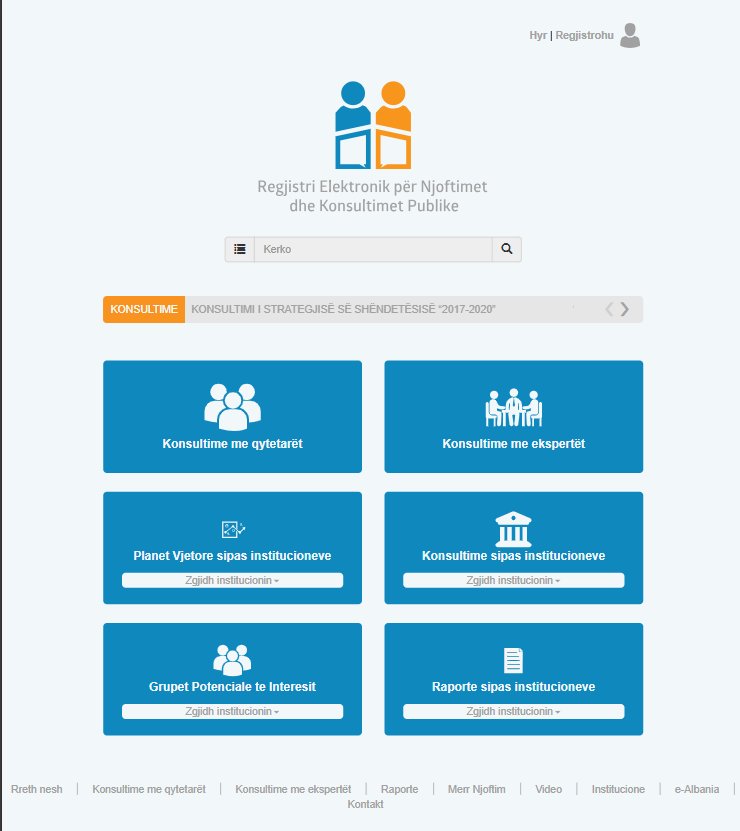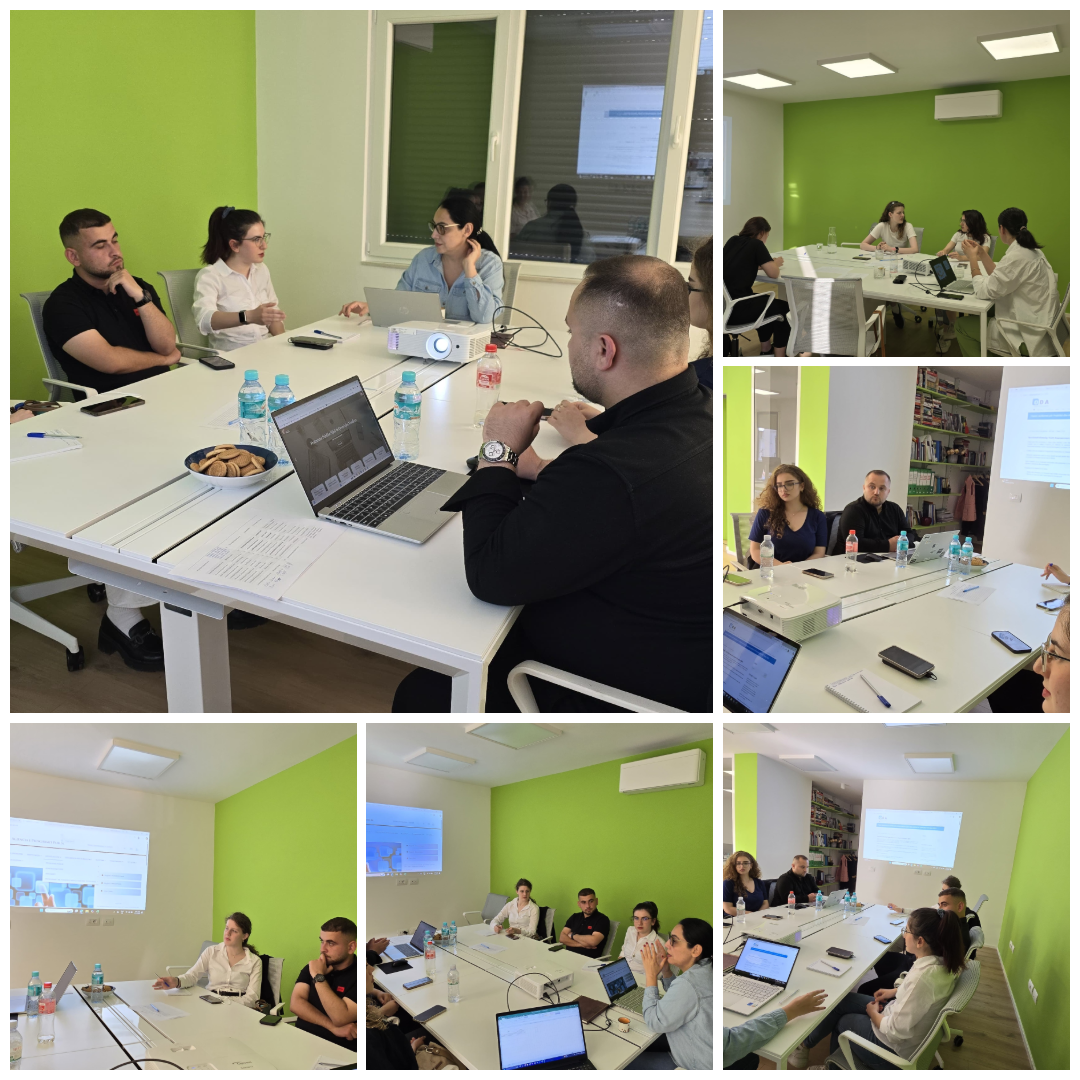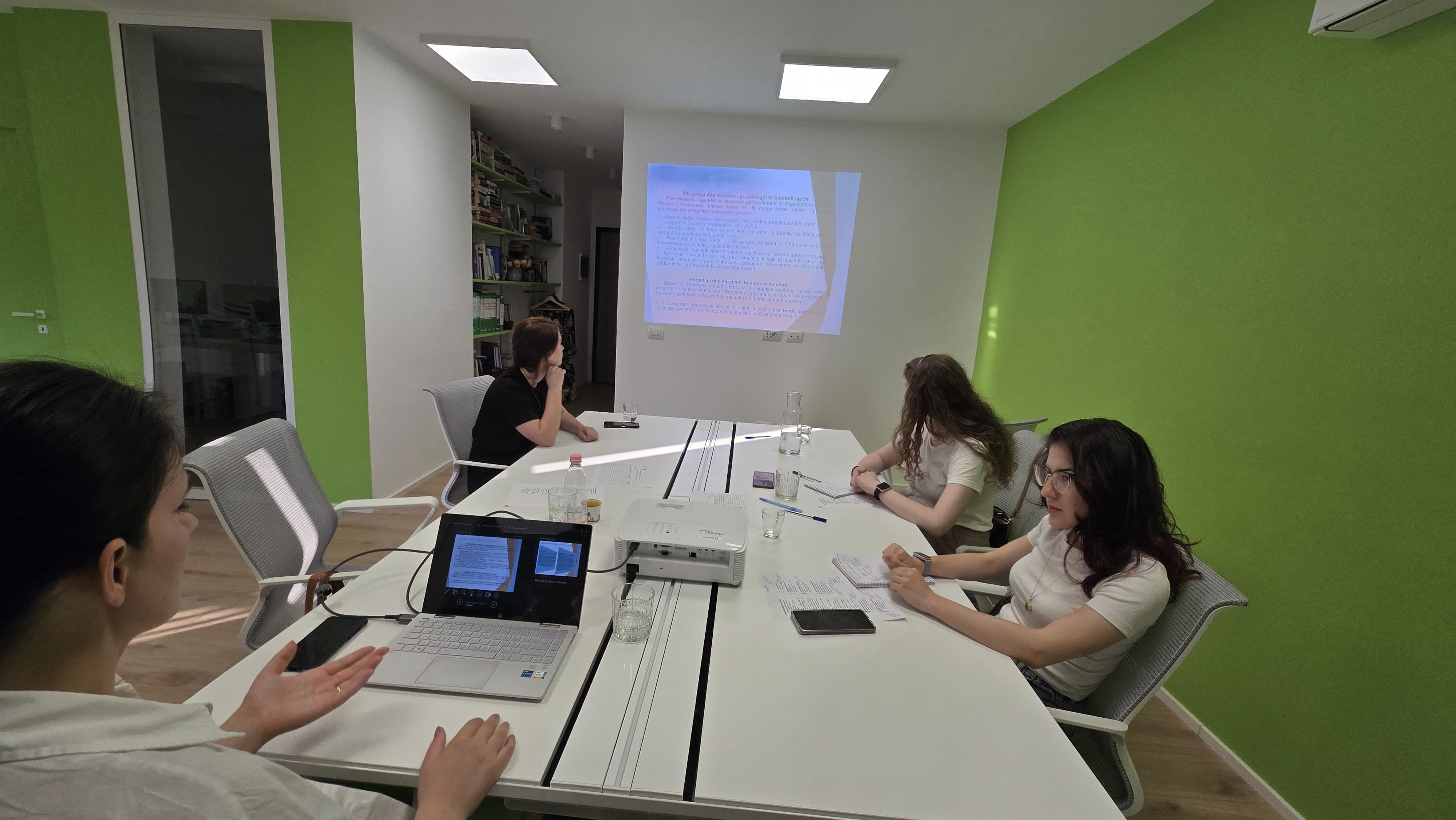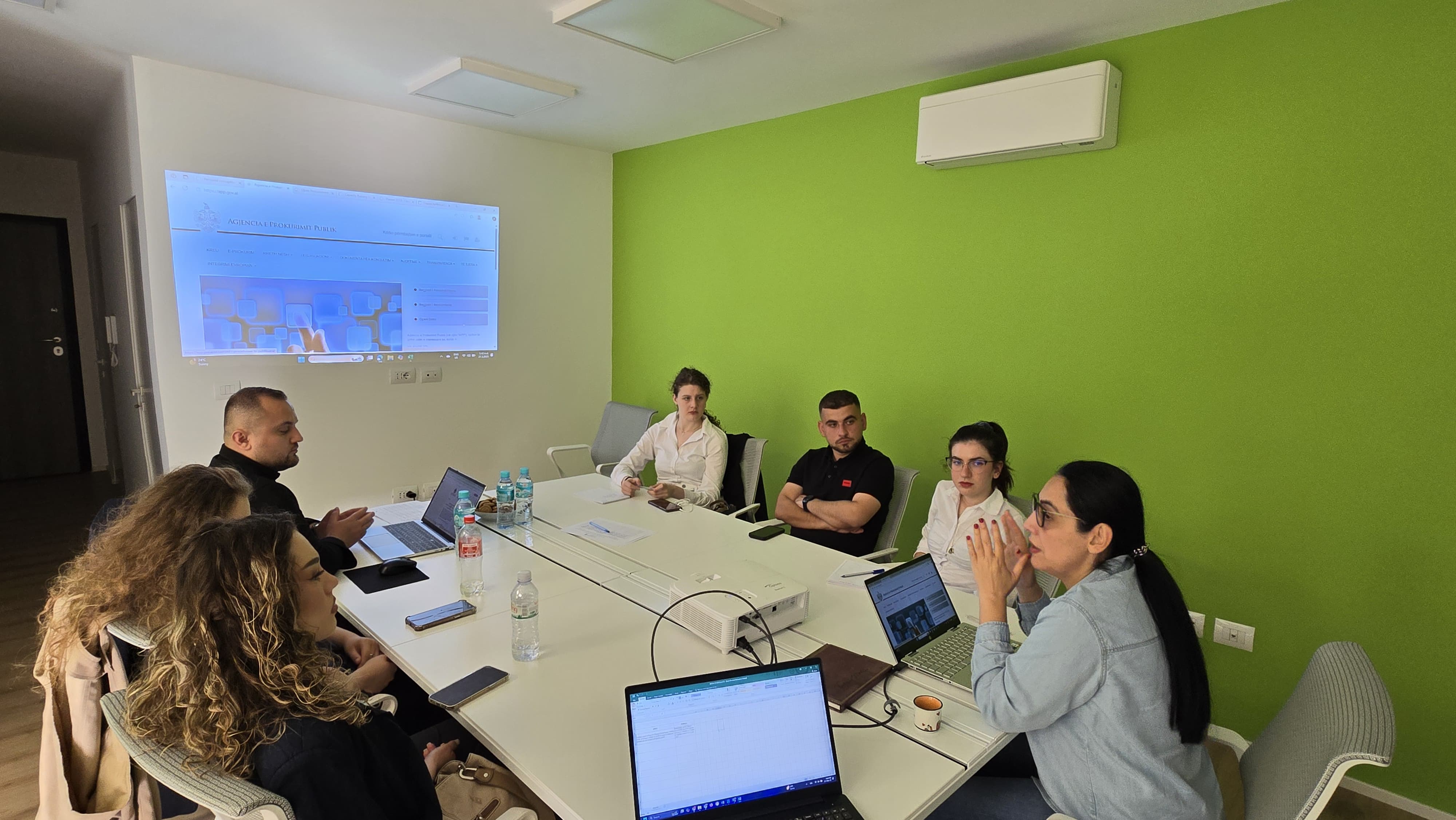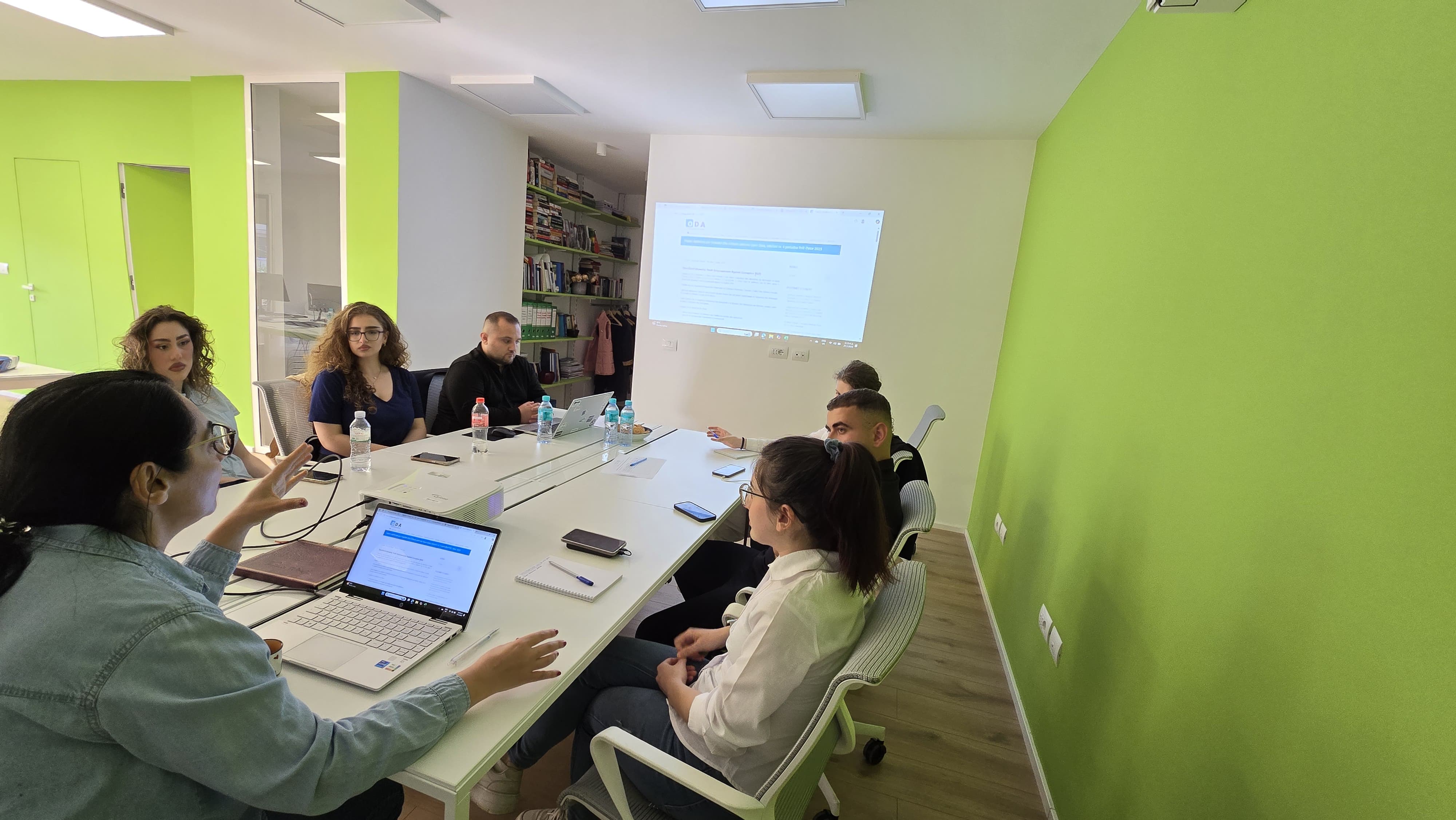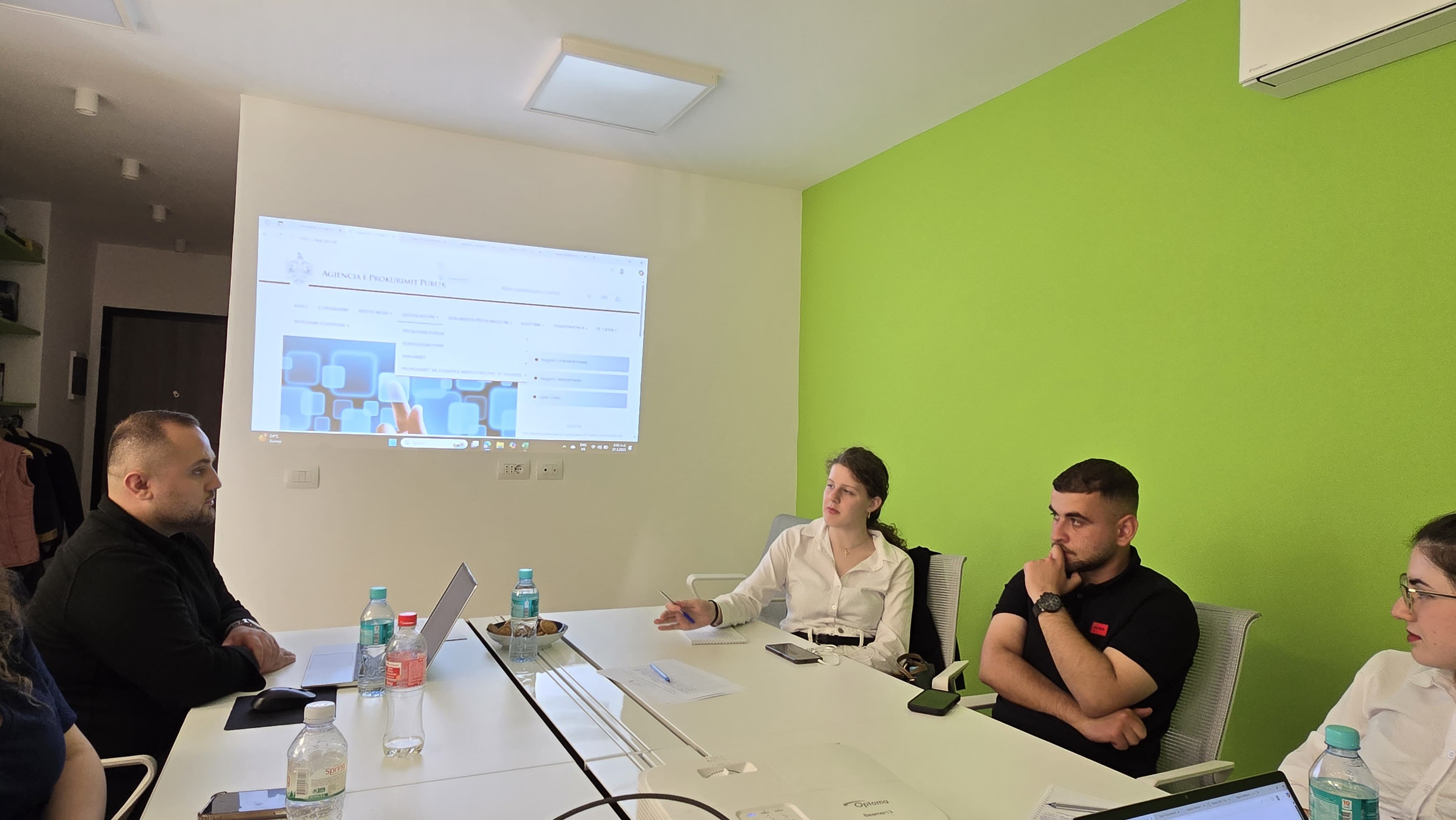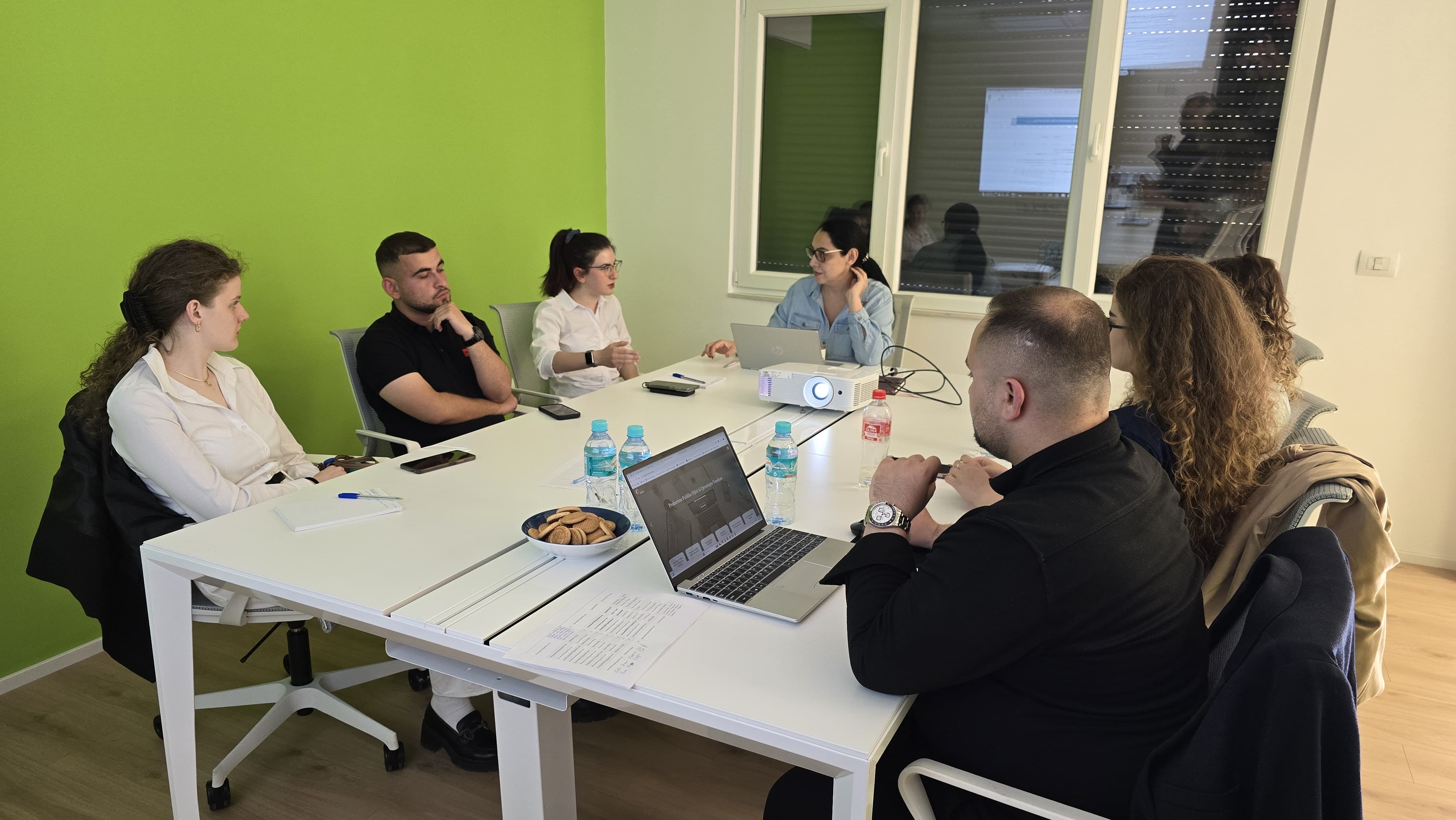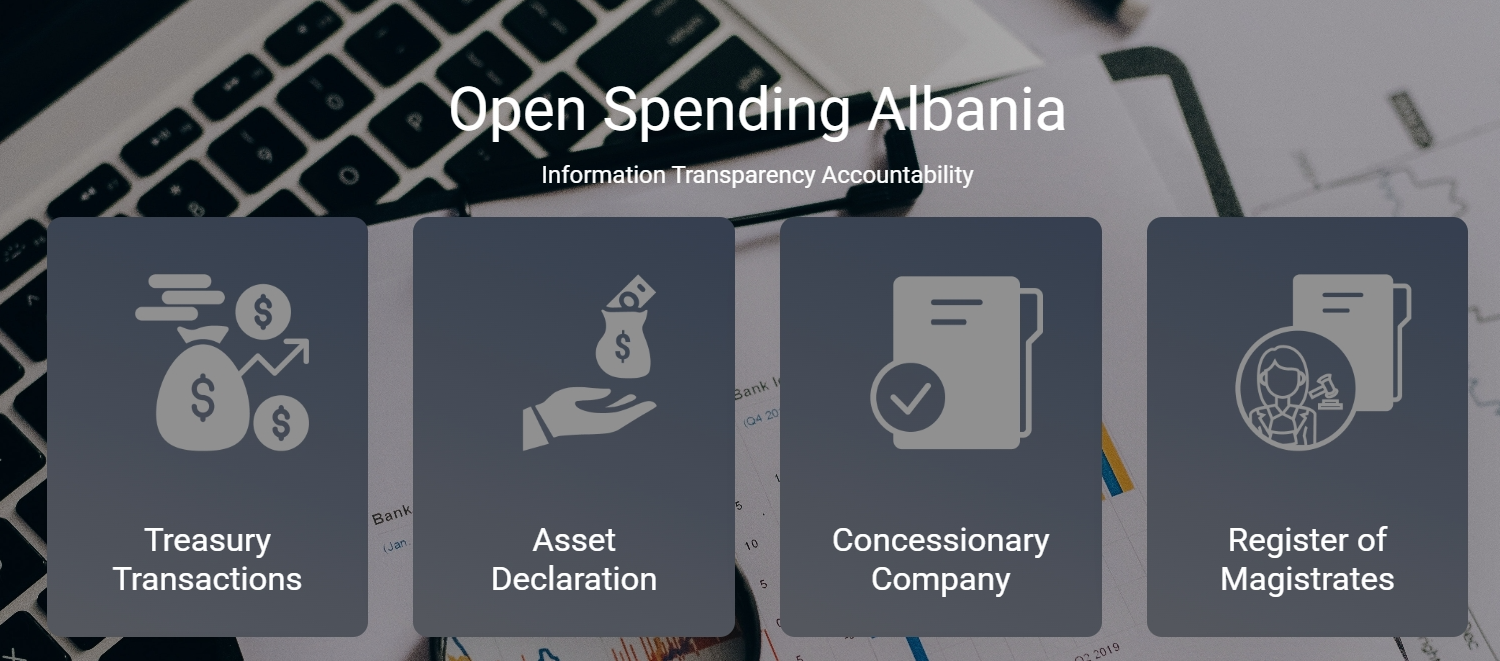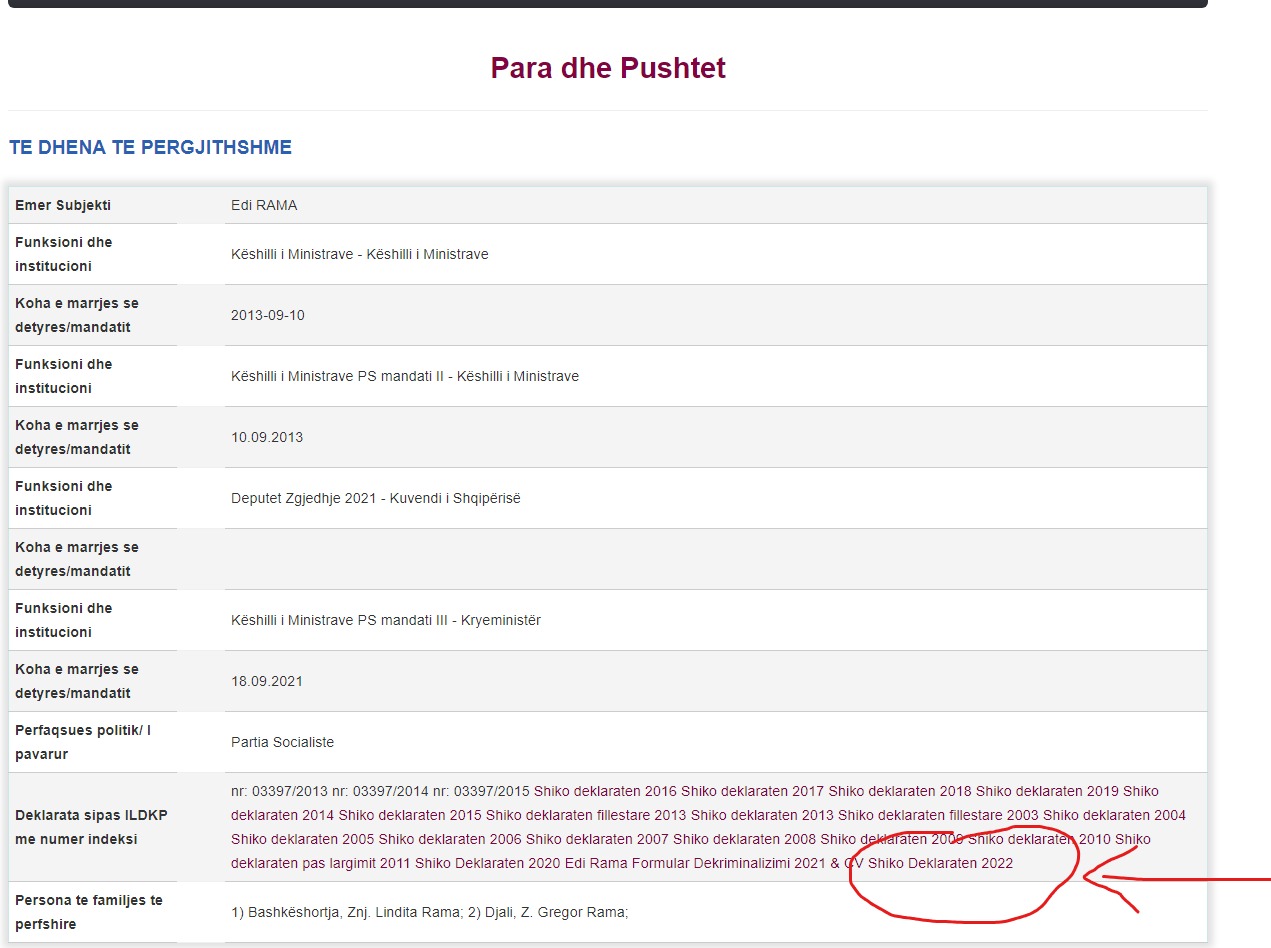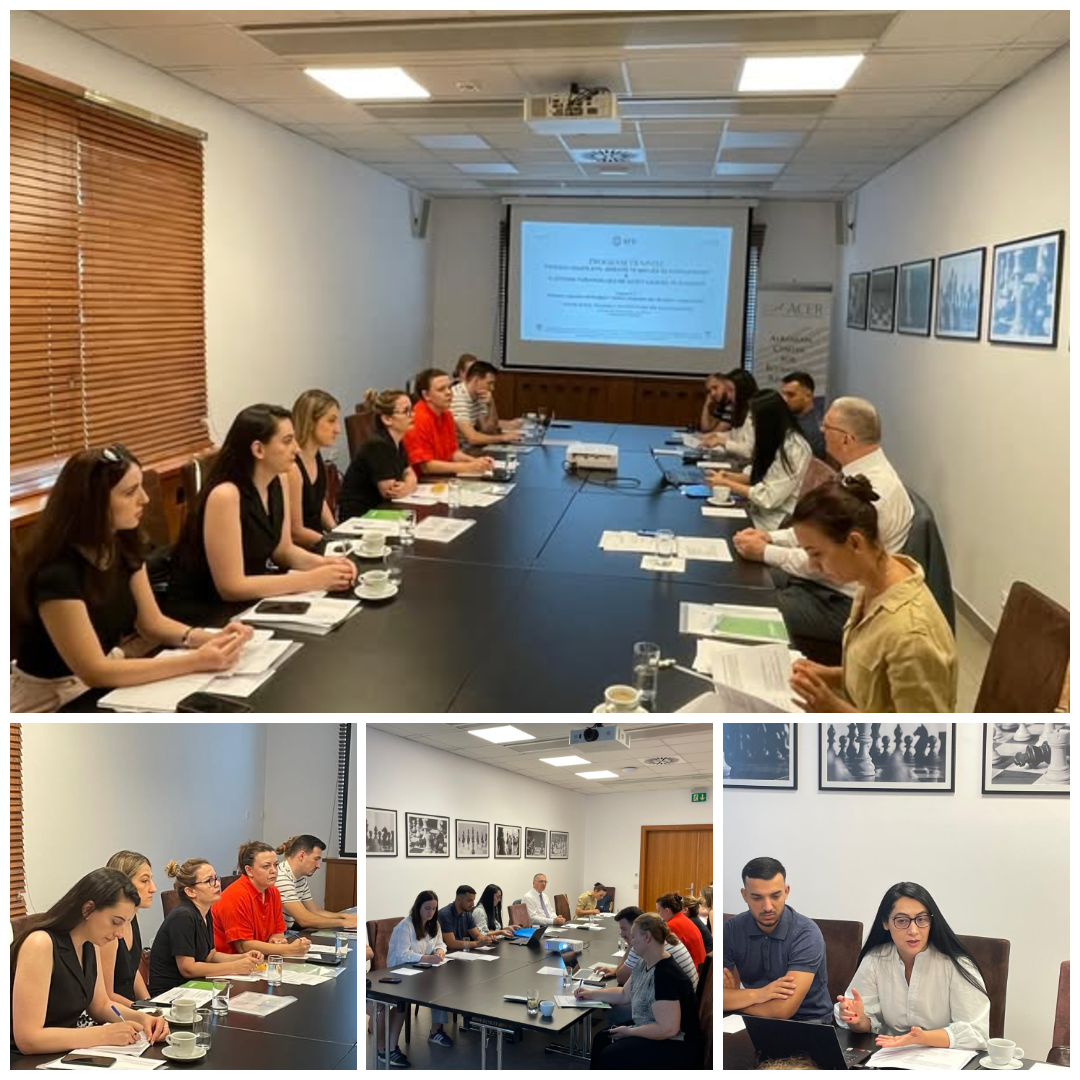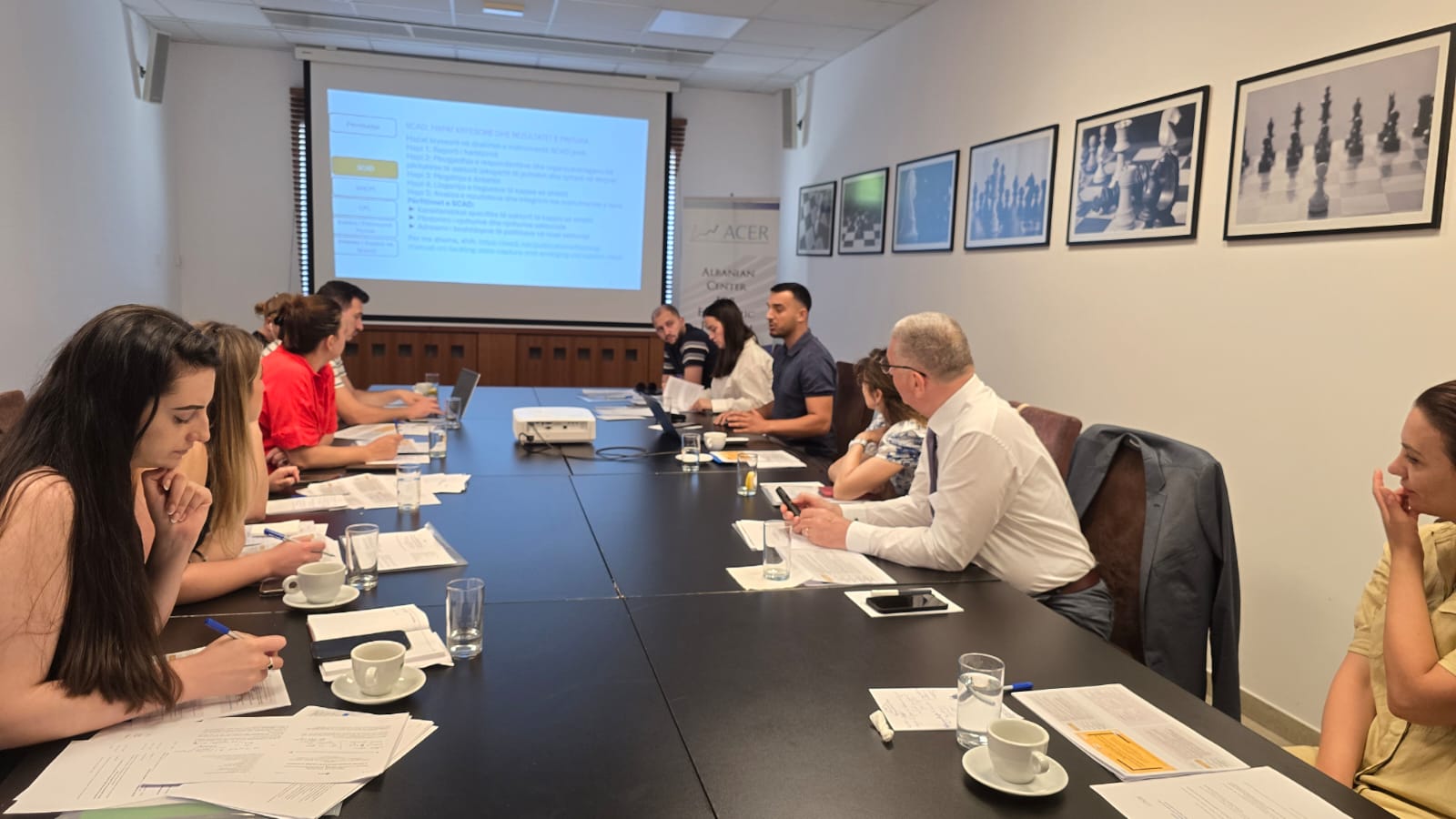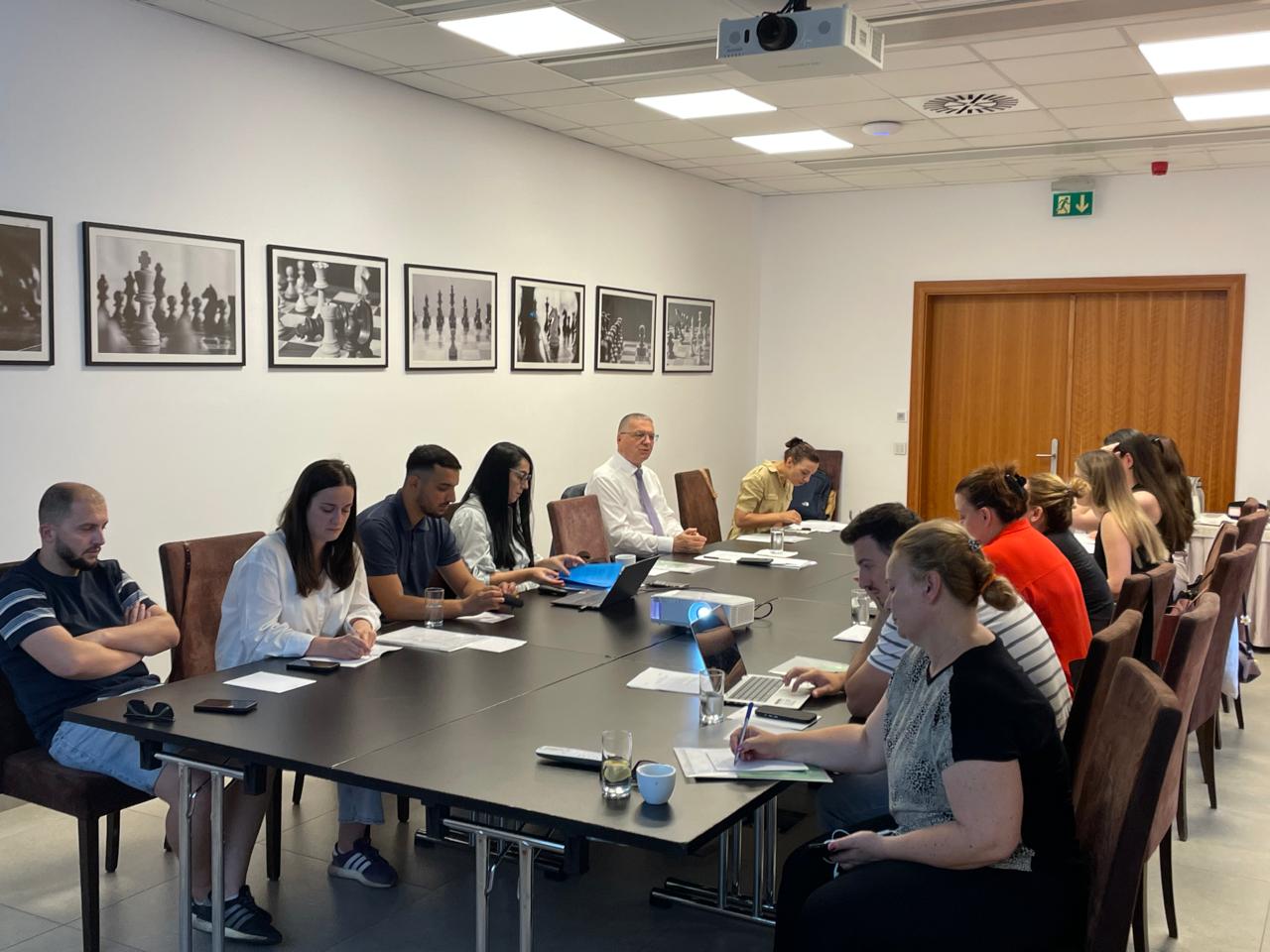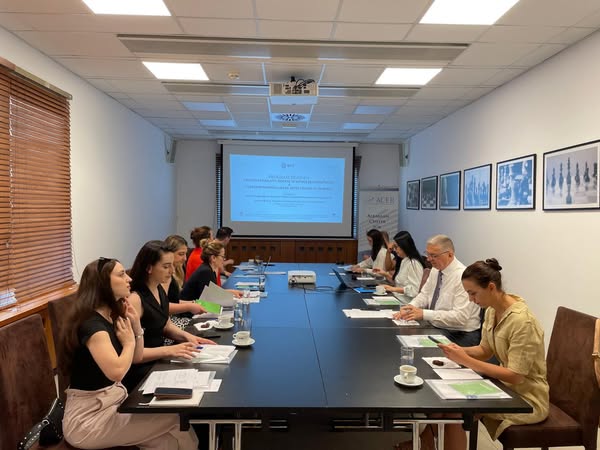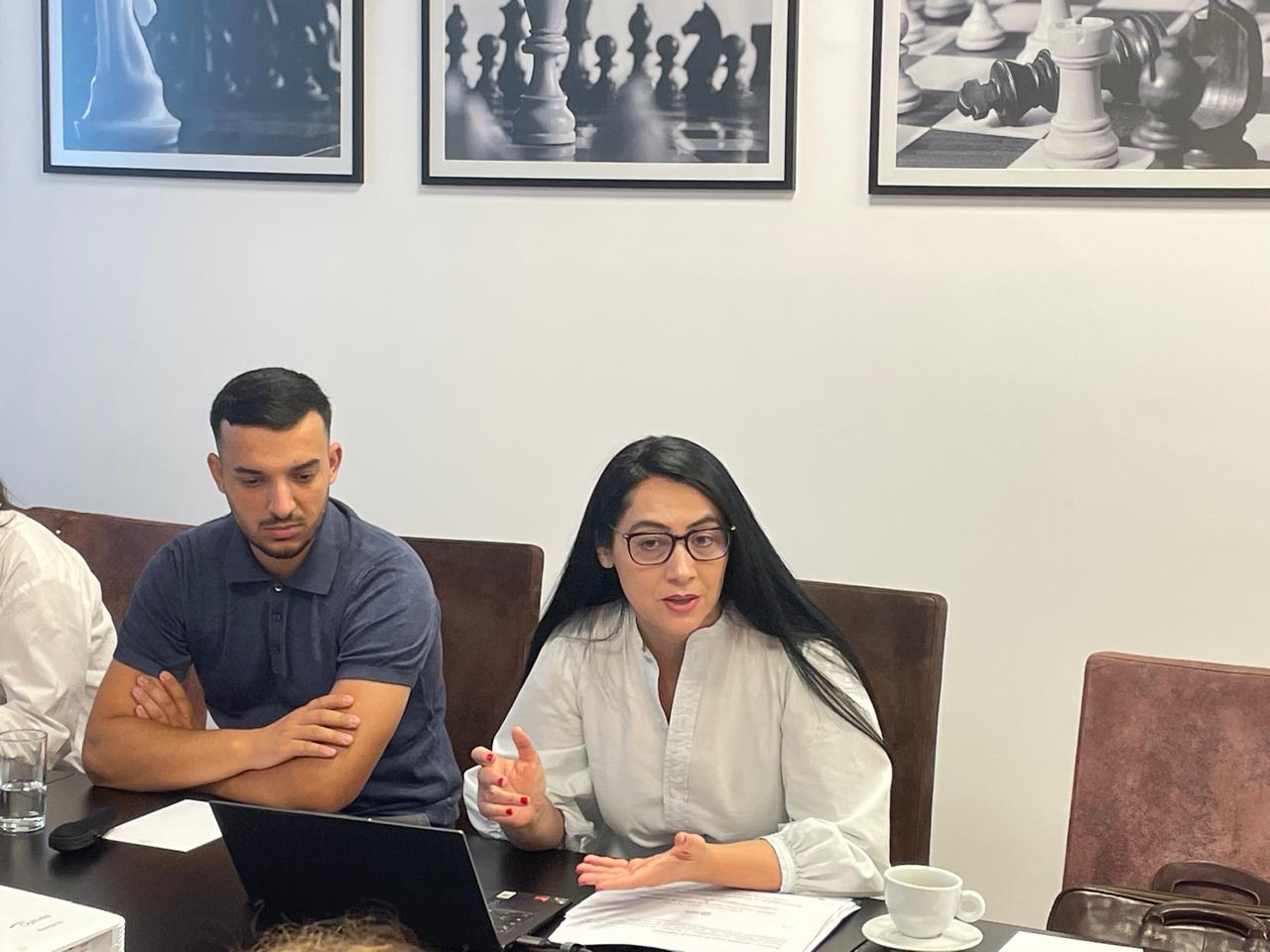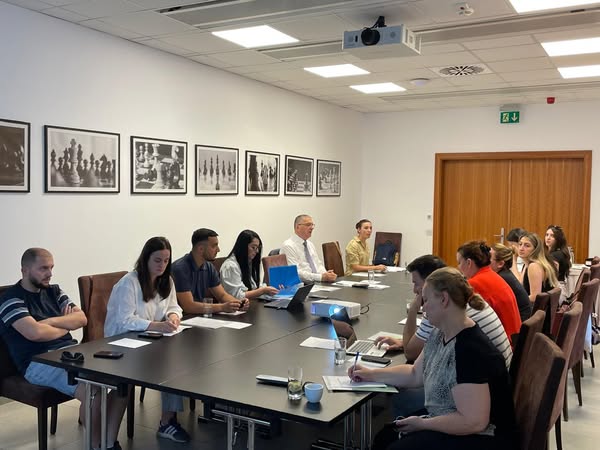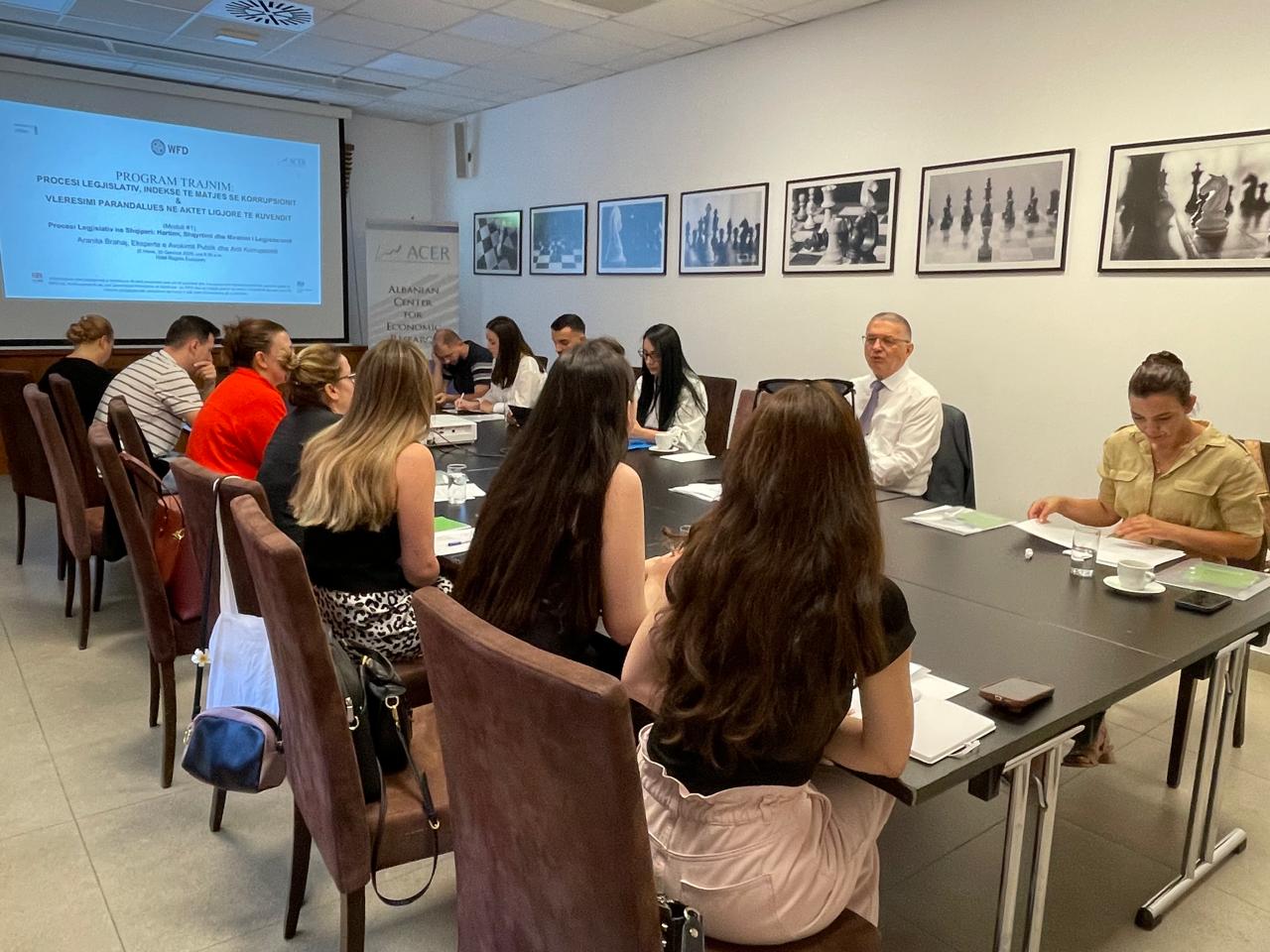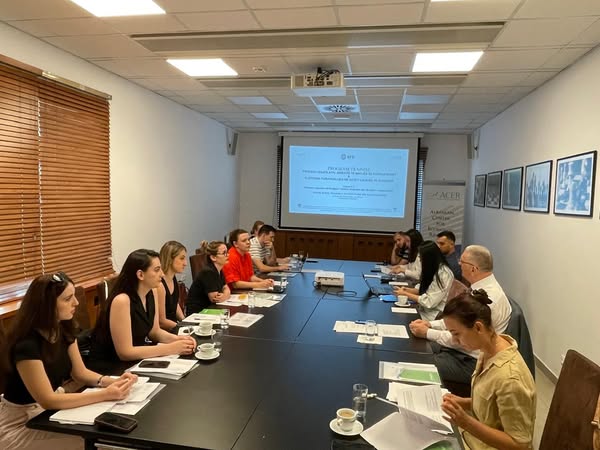Draft Law on PPP Concessions: AIS (NGO) Raises Concerns regarding Compliance with EU Directives and Calls for Thorough Revision
The organization AIS, promoter of Open Data Albania, has taken part in the public consultation process with the Albanian Government following the preparation of the Draft Law on Concessions and Public – Private Partnerships (PPP).
This draft law represents both an obligation and a commitment by the Albanian State to align with EU Directives 2014/23/EU, 2014/24/EU, and 2014/25/EU.
In April 2024, the Albanian Government established a Working Group led by the Ministry of Economy, Culture, and Innovation for the drafting of this legislation. On May 6th, 2025, the Working Group published Draft Law and its accompanying Explanatory Report on the Government’s Public Consultation Platform:
AIS has long-standing experience in the field of public procurement and contracting, having actively promoted Open Contracting standards and analyzed public procurement practices for transparency, efficiency, and competitiveness. The organization has previously contributed to the Public Consultation processes for the Public Procurement Law (2020) and its amendments (2024).

AIS submitted detailed questions, comments, requests, and suggestions to the Government Working Group through the consultation platform and via email.
AIS concludes that the current Draft Law does not meet the necessary standards for proper approximation with EU Directives. The draft contains multiple ambiguities, lacks guarantee for integrity and competitive procedures in the PPP sector, and fails to ensure inclusive consultation with public institutions affected by its field of application. Additionally, the draft does not address the need for improved legal regulation and clarity, which is critical considering Albania’s recent high-risk experiences with PPPs and concessions. As of now, 7 out of 15 budget-supported PPP/concession contracts are under investigation by the Special Anti-Corruption Prosecution Office.
AIS recommends:
- Returning the draft to the Working Group for comprehensive revision.
- Expanding the Working Group to include public institutions directly impacted by the law.
- Organizing roundtables and public platforms with civil society and local government representatives.
- Drafting a Compatibility Report with EU Directives during the early stages of law preparation.
Key concerns highlighted by AIS include:
- Field of Application of the Law (Article 4): The draft expands the law’s applicability to sectors such as science and education, IT infrastructure, and prison and judicial infrastructure. The applicable models are unclear, and relevant institutions have not been consulted. AIS recommends thorough revision and consultation with stakeholders.
- The “Albania 1 Euro” PPP Model: Article 4(3) includes exaggerated provisions on 1-euro concessions. This concept, used in Albania to attract investors, should not be embedded in long-term contracts and has no precedent in EU PPP legislation.
- Excessive Powers to the Council of Ministers: Article 4(2) grants the Council of Ministers discretionary power to expand the law’s field of application beyond what is legally defined. This undermines legal certainty.
- Transparency and Public Access to Information: Article 15 (PPP/Concession Registry) lacks strong provisions for transparency and continuous public access. The article is too brief and does not guarantee meaningful public access. Furthermore, the draft allows private partners to unilaterally define confidential and commercially sensitive contract elements.
- Functioning of the Supervisory Agency (Article 12): Provisions in paragraphs 4 and 5 regarding the Concessions Treatment Agency’s (ATRAKO) financial operations are unclear. The draft envisions funding through donations rather than direct public budgeting, which is unsuitable for a public oversight body.
- Unsolicited Proposals (Article 19, point d): The draft allows unsolicited proposals in certain sectors. AIS suggests minimizing the scope for such proposals due to associated risks.
- Lack of Timeline for Secondary Legislation: The Explanatory Report does not include a timeline for the adoption of bylaws necessary for implementation. Without these acts, the law cannot function properly.
- Transparency of Beneficial Ownership: The draft lacks provisions on the verification and transparency of the private partner’s beneficial ownership. No clauses require disclosure or approval of shareholder changes in Albanian or foreign commercial registers.
- Flexibility and Risk of Contract Modifications: The draft allows contract modifications of up to 50% of the original value without competitive procedures, control, or transparency – posing significant risk.
In light of the above, AIS urges that the Draft Law be returned for in-depth review. The Working Group should be expanded to include other relevant state institutions.
The Ministry of Economy, Culture, and Innovation (MEKI), in cooperation with the Public Procurement Agency (APP), should activate a civil society engagement platform, including at least one roundtable for presentations, discussion, and feedback. This law is a crucial requirement under Cluster 1, Chapter 5 (Public Procurement) of the EU integration process.
AIS further recommends:
- That the Working Group prepares draft secondary legislation before the law is submitted to Parliament.
- That the public consultation process includes both the Draft Law and draft implementing acts before submission to Parliament.

The accompanying Explanatory Report should be enriched with arguments and analysis on alignment with EU Directives, as well as lessons learned from Albania’s problematic experiences with PPPs and concessions currently under criminal investigation.
AIS has developed a Transparency Register for PPPs and Concessions operating in Albania, available. This register includes data on awarded contracts, implementing business entities, contract subjects, economic performance, financial and administrative management, and budget payments.
Additionally, the Open Data Albania portal presents indicators on the performance of PPPs and concessions. Between 2013 and 2025, Albania approved or operated 280 PPP/concession contracts across sectors including health, waste processing (incinerators), road transport, ports, airports, educational and water infrastructure. Of these, 15 contracts receive direct budget support. Contingent liabilities for these contracts amount to approximately 10% of Albania’s GDP – making it the most financially exposed country in Europe in terms of PPP-related obligations.
